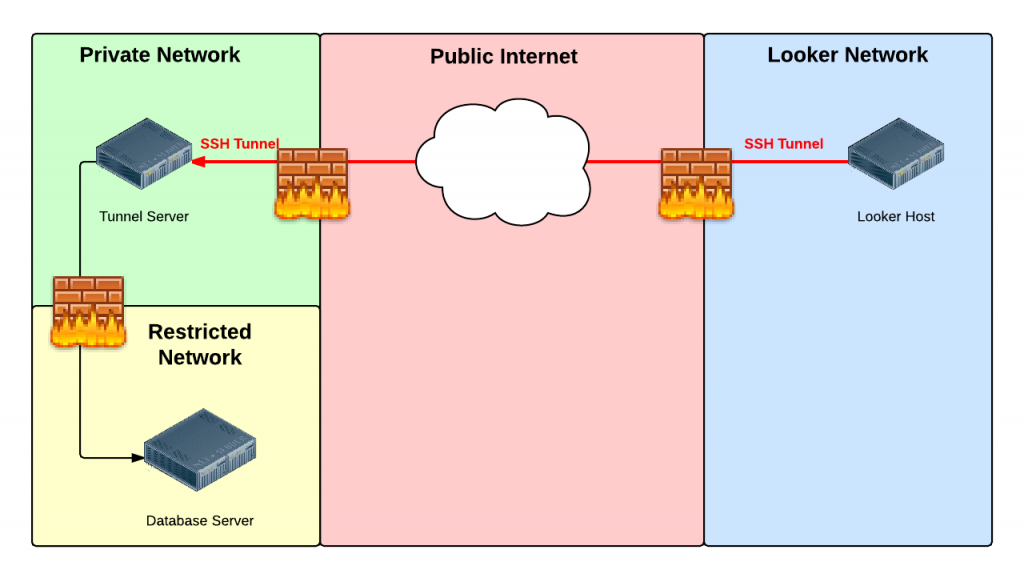
IP database USA
IP database USA The Whole Story
IP database USA: IP databases finds applications in cybersecurity, network admin, marketing and fraud prevention, among other use cases. They save data related to IP addresses, such as precise IP Location, and information about the owner and the networks linked with them. Within the US there is almost a whole ecosystem of IP databases to attend to all these needs.
Types of IP Databases
Geolocation Databases:
- They look up to physical geographic locations country, region, city and sometimes down to zip code when mapping IP addresses.
- Application: Targeted advertising, Fraud Prevention, Network security.
- Common Providers: MaxMind, IPInfoDB, IP2Location.
Whois Databases:
- Who is databases reserve domain name and IP address information.
- To identify the owner of an IP together with information such as domain name, registrar and contact data.
- Service Provided: Internet Corporation for Assigned Names and Numbers (ICANN).
Intelligence of Threats Databases:
- Malicious IP, botnet, and cyber threat databases.
- Security teams leverage this to detect and even mitigate cyber attacks.
- Common Sources: Threat intelligence exchange (TX), VirusTotal, OpenPhish.
IP Reputation Databases:
- They follow the history of IP addresses for their reputation.
- It can aid in identifying the source of spam, phishing efforts and other threats.
- Well-known Providers: Spamhaus, Barracuda Networks, Proofpoint.
When Using IP Databases
- Again, you can NEVER EVER rely on IP databases to be 100% accurate, thanks to dynamic IPs and NAT private devices.
- Privacy: While the very essence of surveillance is a highly dubious topic, especially if anonymized personal information gets brought up nevermind IP databases being ever so hot right now.
- Quality of Data: The data of the IP database can be extremely bad. Select a quality provider with accurate and timely data.
- Legally and Morally: Using IP databases for functions such as monitoring or sole advertising can create significant legal and moral dilemmas.
The Future of IP database USA
- More ground for IP databases to build on as the internet expands. With the addition of IoT devices — which all require individual unique IDs IP data is only going to get harder to manage and analyze as IP addresses continue a steady exponential growth.
- All the above mentioned challenges are being addressed by a better IP database using machine learning and artificial intelligence to create a more accurate and faster IP databases. Meanwhile, new privacy legislation such as GDPR and CCPA is creating a need for greater transparency and accountability in the use of IP data.
And now that you have a clear picture of the different types of IP databases, as well as what to consider when using them, this powerful tool can be utilized for appropriately protecting your organisation while at the same time optimizing your network and overall digital strategy.




